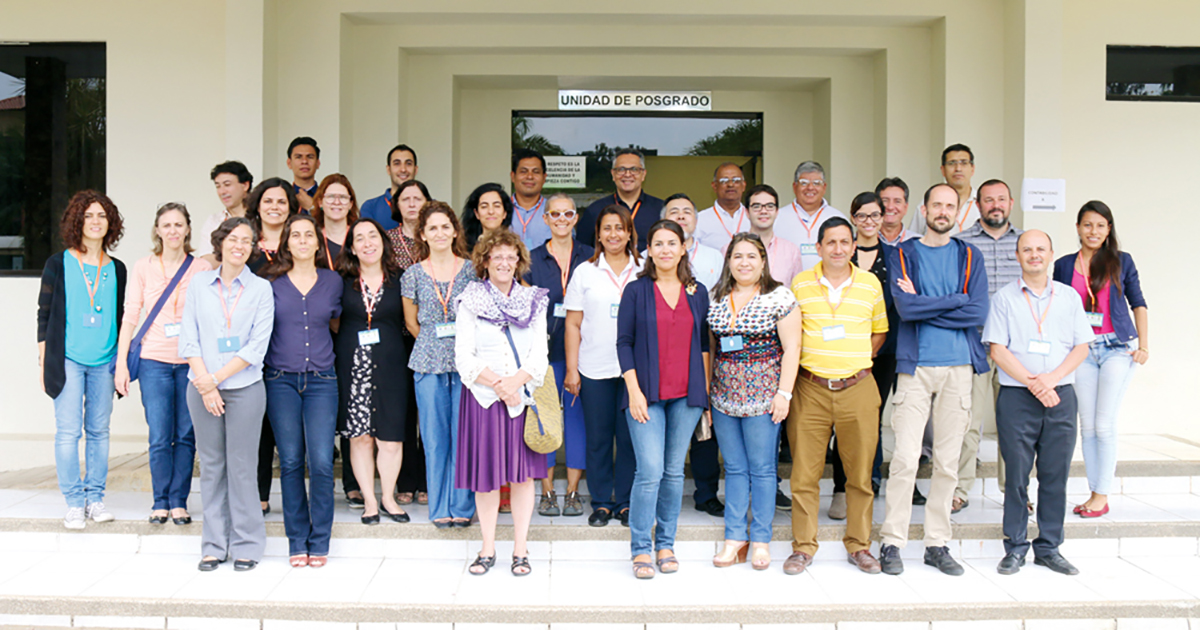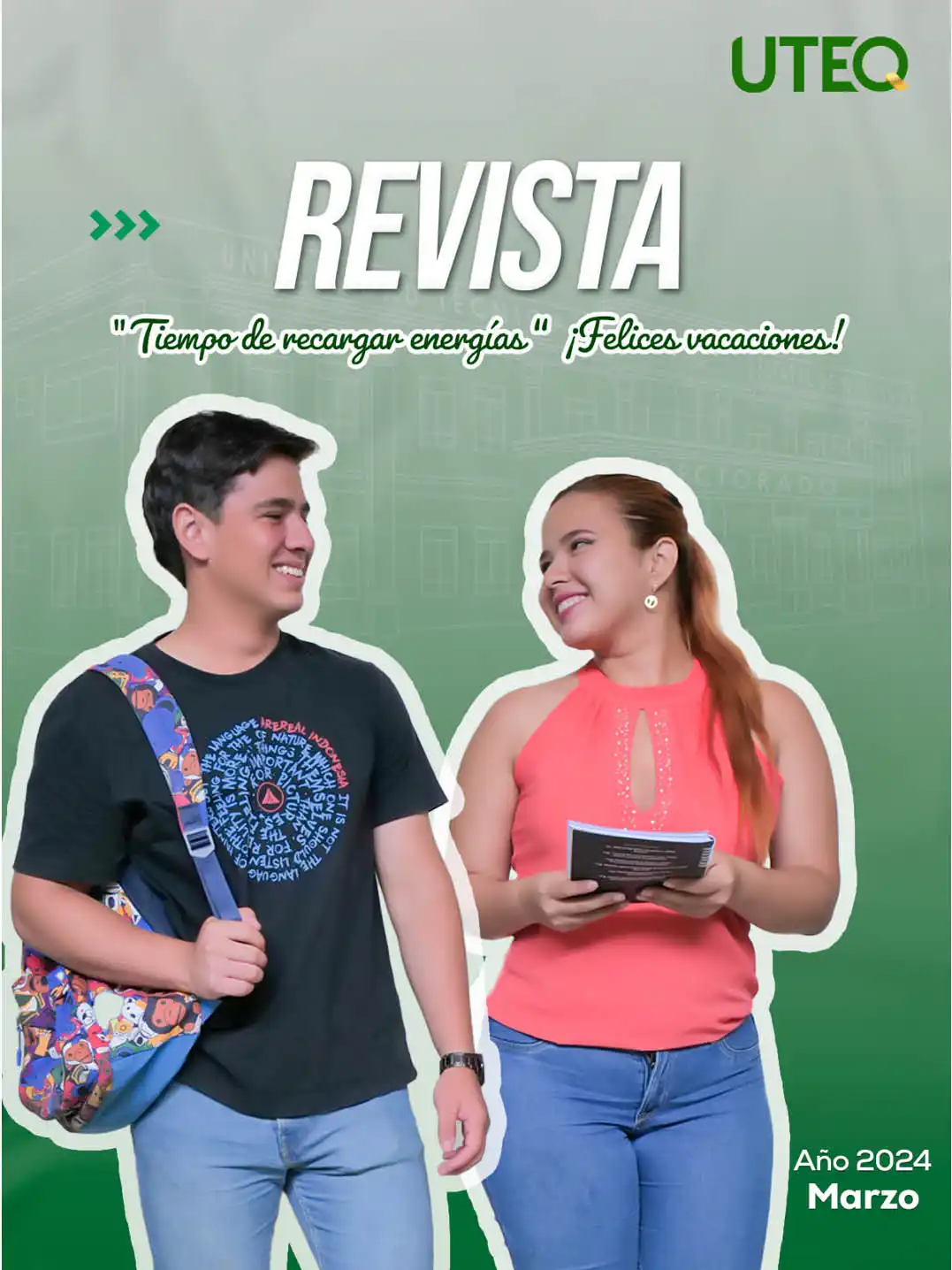UTEQ CARE-UPO Project workshop
Published on 06 from September from 2017

UTEQ hosted for four days the second workshop of the CARE Project that focuses on resilience or adaptation to climate change.
Experts from 18 universities from European and American countries analysed, during the conference that began in Quevedo and ended in Quito, the pedagogical tools that allow improving the capacities of adaptation to the climatic variations that the world is experiencing.
Dr. Pilar Paneque, General Coordinator of the CARE Project and academic from the Pablo Olavide University (UPO) in Seville, Spain, indicated that in this second meeting held in Quevedo (UTEQ) and Quito (UTE), they worked on the perspective of learning how to manage the pedagogical tools that allow the generation of a culture of resilience or adaptation to the effects of climate change.
This workshop is aimed at teachers belonging to the different universities participating in the project to learn how to use the tool and the next workshop, which will be held in Medellin, Colombia, will be with students from all the participating countries, so that they can work with this tool that we are learning to use with the help of specialists in the subject. Paneque added that probably the best strategy to confront climate change is to improve our capacity to adapt to this reality, to try to improve our resilience, and for this the work that can be done at the local level is very important. That is why the project not only works in the scientific and academic field, but also involves other social agents such as different non-governmental organisations in Latin America and Europe that work with communities and local actors to improve resilience, in order to develop all the potential that exists at the local level to face the effects of climate change, said the Spanish professional. Ingrid Roche, a lecturer at the University of the Republic (Uruguay), said that this issue has gained a lot of momentum over the last decade due to the effects that exist at the level of various production sectors, especially in agriculture. Climate variations resulting in droughts, floods, wind problems and tornadoes have become more intense and frequent, and this has led to this issue being taken very much into account. Therefore, in parallel to the international conventions of UNESCO that begin to give importance to adaptation to climate change and resilience in cities, national plans and policies that respond to climate change are beginning to be created. The Uruguayan professional indicated that in terms of urban resilience, the issue that has been most developed is that of flooding in cities, which always occurs where poor families live. The main plans are relocation, studies of flood levels, the scientific part, mapping, creating a national emergency system to take risk prevention measures and then include them in urban planning to mitigate risks, especially for the most socially vulnerable populations," said Dr. Roche. Another issue that is being analysed as a strategy for urban adaptation to climate change is energy renovation. In Uruguay, for example, as it has favourable conditions, wind and solar energy has been implemented, but above all wind energy, which means that in this country 95% of the energy is from renewable resources, said Roche. Pilar Paneque said that nobody can deny climate change, we are constantly seeing it in the news, in everything that happens in our environment. The CARE UPO-UTEQ Project is part of a broader change, what we call global change, where all sectors of society are accepted, at all scales, and where there is still great uncertainty about what will happen in the future and we are working with different scenarios, including academic and scientific, to then reach the communities and social actors.

